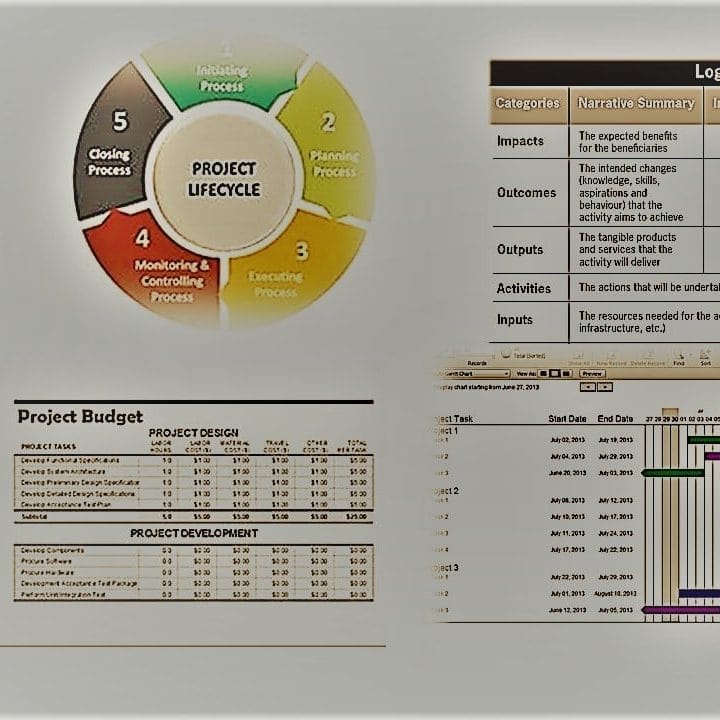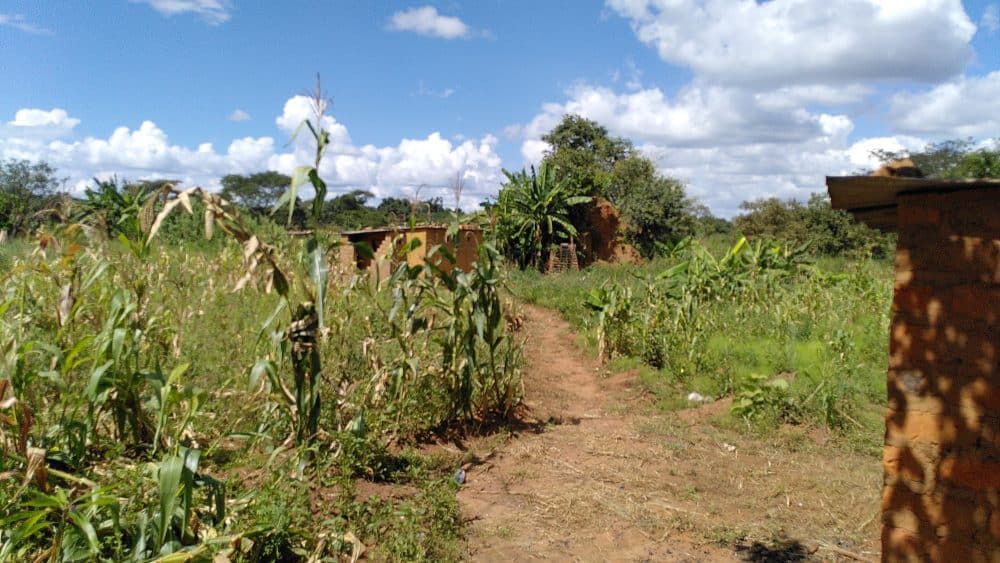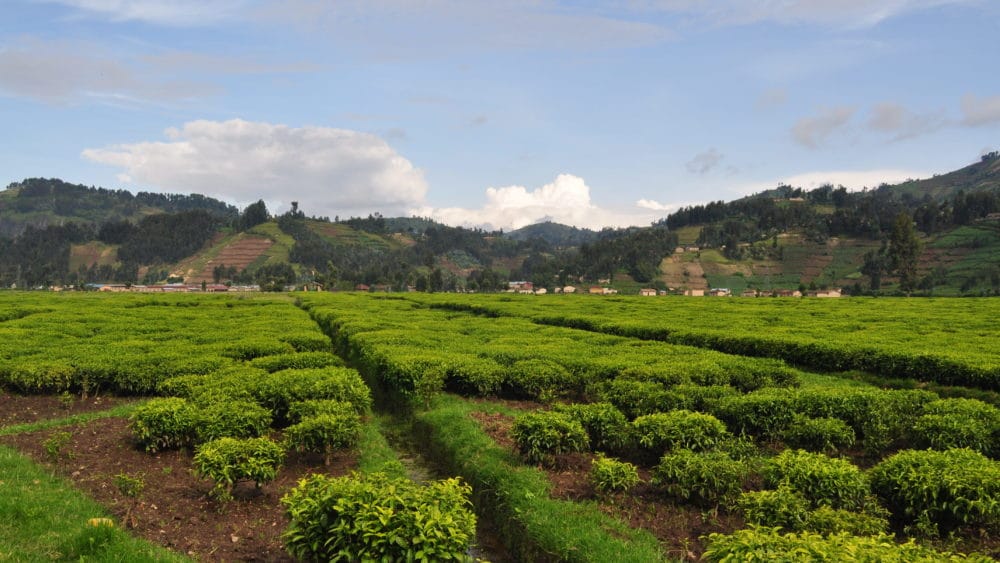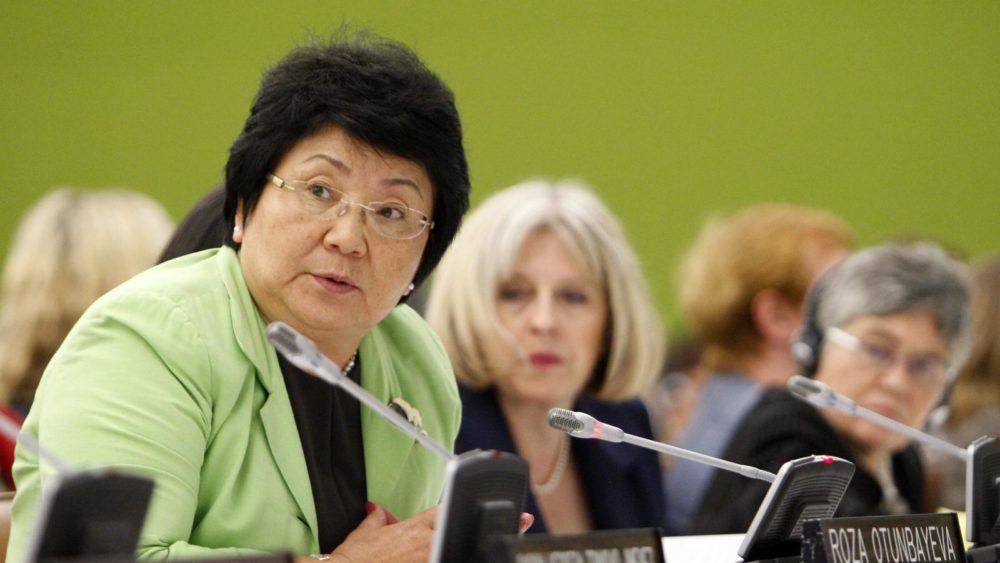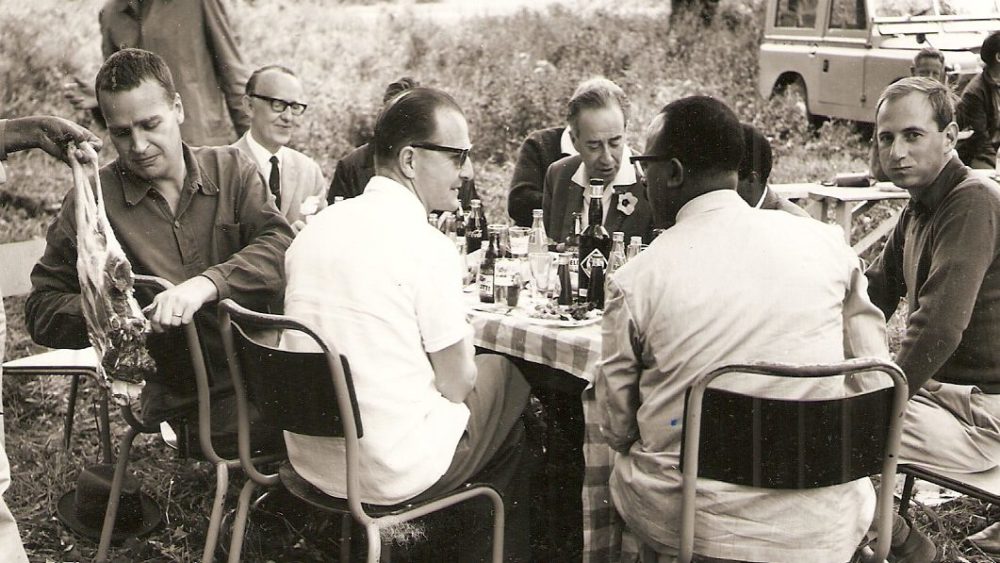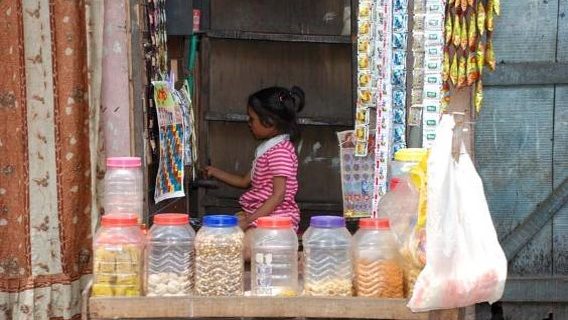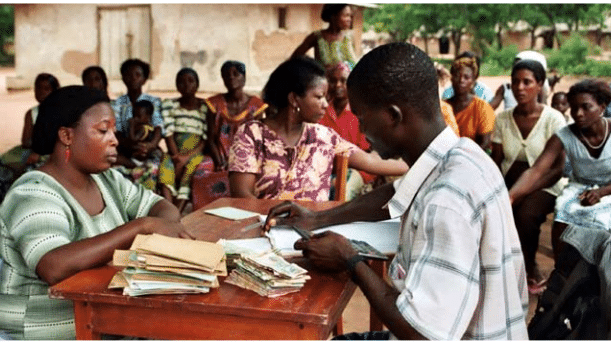This research set out to explore how the format of the project and associated tools are used in contemporary development practice. We know ‘the project’ as a form and concept is in wide use, but not a great deal about either the variants of this, nor the experiences of aid workers grappling with it and its associated management tools. These tools include the logframe, theory of change, monitoring and evaluation systems, and a range of other tools for research and analysis from political economy analysis at inception to complex evaluation methodologies for project final assessments.
Initial research was based on semi structured interviews purposively sampled from the sector. A longitudinal ethnographic study of a project in southern Colombia was initiated in summer 2019 and continues.
One set of findings are around the complexity and demands of the many tools currently in use across the sector, and the associated demands in reporting, or audit, that frame often fairly short-term interventions. Analysis links these to regimes of governmentality, and the increasingly standardised nature of planning in aid work.
The next phase of the research developing out of this will explore how aid workers grapple with ethical conflicts that arise in the pursuit of their work.

